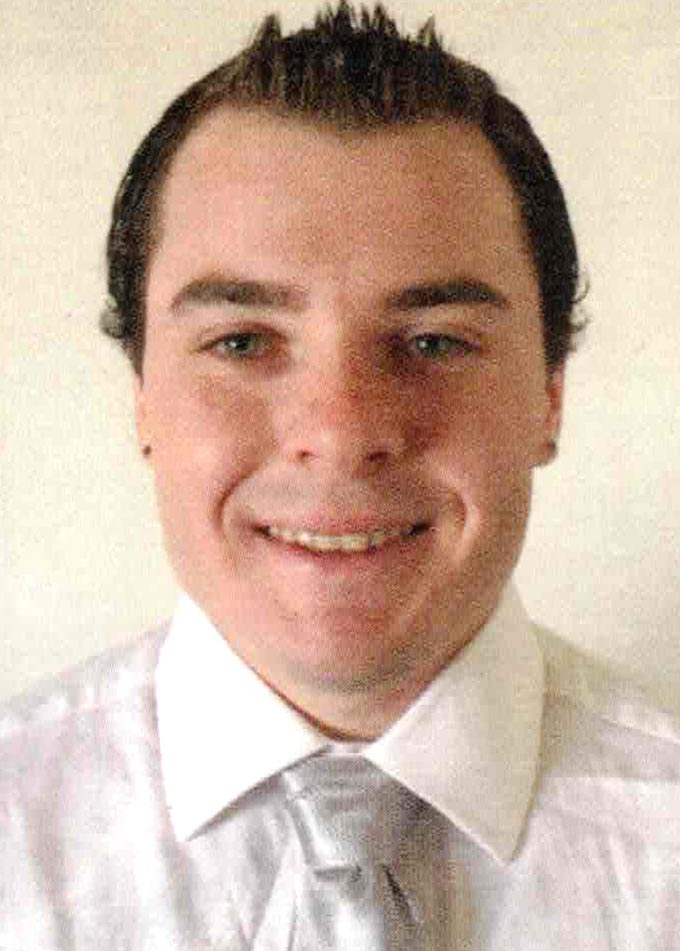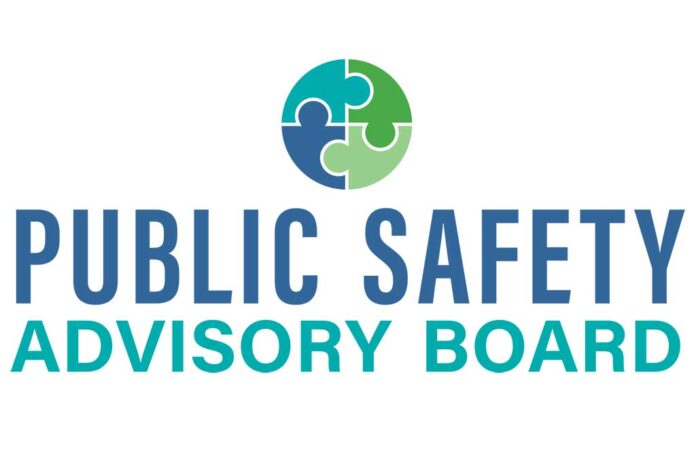When Tigard Police shot and killed a man suffering from a mental health crisis in January, it set off a chain of events, the repercussions of which are likely to be felt for quite some time.

Not only did the Jan. 6 shooting death of 26-year-old Jacob Macduff leave those police officers involved traumatized, it also set off a protest the following night that resulted in extensive property damage to Tigard City Hall, its police station, and downtown businesses.
The protests not only outraged local residents, but the entire string of events also provided the newly formed Tigard Public Safety Advisory Board with a renewed sense of urgency and focus.
“The community has had questions and this newly formed Public Safety Advisory Board was put in place with the concept we would just get to slow roll everything,” Tigard Police Chief Kathy McAlpine said at the board’s Jan. 11 meeting, which was only its second since the group’s formation. “And here we are faced with something we’ve never faced before. There is no set plan, there is no cookie cutter way of doing this, but we’re going to get started.”
The Board spent the evening questioning McAlpine, Tigard Police Commander Jamey McDonald and Officer Nick Nunn about the Jan. 6 shooting. Key topics included communicating with the public about the incident, police response to persons in mental crisis, and how the Washington County District Attorney’s Office investigation into the shooting is likely to proceed.
McAlpine said that while she would have preferred to have gotten information about Macduff’s death into the public realm sooner, the realities of how formal investigations work prevented that.
“As the leader of this organization, I am absolutely and totally frustrated,” McAlpine said. “But we’re respecting the process, and the District Attorney has a different objective. They want integrity of facts … In an ideal world we collaborate, and we did, and it wasn’t as timely as I wanted to get that information out.”
In part, this is because Oregon law requires police agencies involved in deadly force incidents to withdraw from such investigations. But in today’s world, information has many ways to spread rapidly.
“Obviously, social media controlled the narrative and we recognized that immediately and understood our hands were essentially tied,” said Interim City Manager Kathy Nyland, adding it’s a bigger issue than simply having the resources to get the City’s version out first.
“It’s having protocols in place so we can at least get out in front and recognize that that happens,” she said. “Those are all lessons learned at a really difficult cost. We as a team are having internal discussions because the community deserves better.”
Some Board members admitted this was something they had not previously considered.
“This issue of information mismanagement was not something I had thought about in a charged situation like this,” said Board member Valerie Sasaki. “The narrative becomes very important.”
When it comes to mental health issues and policing, the Macduff shooting has put the spotlight on Tigard, in spite of reports that officers in that case were responding to a domestic violence call. Macduff’s roommate, Theresa Chapin, has been adamant that Macduff was in severe mental health crisis at the time of his death and that she was not the victim of domestic abuse. Yet, police have insisted that they acted correctly under the circumstances as they were known at the time.
Several board members asked about policies concerning Washington County’s two Mental Health Response Teams, each comprised of a Sheriff’s Deputy and a mental health clinician, when they are dispatched to calls.
“I think it would be nice to have an understanding of the Mental Health Response Team, which is a partnership with Lifeworks NW and the Sheriff’s Office, to understand how they are involved when there is a mental health crisis and how does the Tigard Police Department bring them into the mix,” said Board member John Trinh.
McAlpine said flatly that police do not want to be forced into situations like this as a matter of first resort.
“We’ve said we’d like to get out of the business of dealing with mental health and have someone else come in,” she said.
In the case of the Macduff shooting, however, McAlpine said that not only must everyone wait for the investigation to be completed, the sheer number of calls Tigard Police respond to annually suggest they are doing most things correctly.
“If you just look at numbers and the sheer volume of mental illness and domestic violence that the Tigard PD is responding to, 30,000 calls every year and we’ve never had a deadly force encounter,” she said.






















